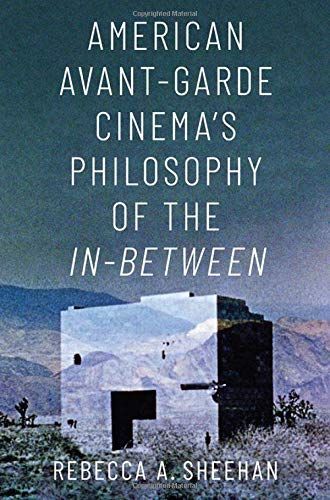
American Avant-Garde Cinema's Philosophy of the In-Between
"Can films philosophize rather than simply represent philosophical ideas developed outside of the cinematic medium? Taking up this question crucial to the emergent field of film philosophy, this book argues that the films of the American avant-garde do "do" philosophy and illuminates the ethical and political stakes of their aesthetic interventions. The book traces the avant-garde's philosophy by developing a history and theory of its investment in dimensional, conceptual, and material in-betweens, clarifying how this cinema's reflections on the creation and reception of images construct an ethics of perception itself, a responsibility to perpetuate thought in an enduring re-encounter with the world and with meaning's unfinished production. This entails the avant-garde's locating of cinema's-and thought's-ends or meanings in their means, and their advancement of an image of truth that is made rather than found that unites their films with the philosophies of Ludwig Wittgenstein and Ralph Waldo Emerson who believed the "journey's end is found in every step of the road" (Cavell). Rectifying film-philosophy's neglect of the American avant-garde, the book demonstrates how rather than showing their interest in the revelation of authoritative truths, the avant-garde's interest in the re-encounter and review of the seen and known emerges from an American Transcendentalist tradition that opposes such notions. Sheehan reads the avant-garde's interest in the contingencies of spectatorial experience as also an extension of Pragmatism's commitment to replacing the authority of a priori knowledge with that of individual experience. She also shows how Emerson's influence on Friedrich Nietzsche connects the American avant-garde's philosophies to Deleuze's time-image, premised largely upon Nietzsche's "powers of the false.""--